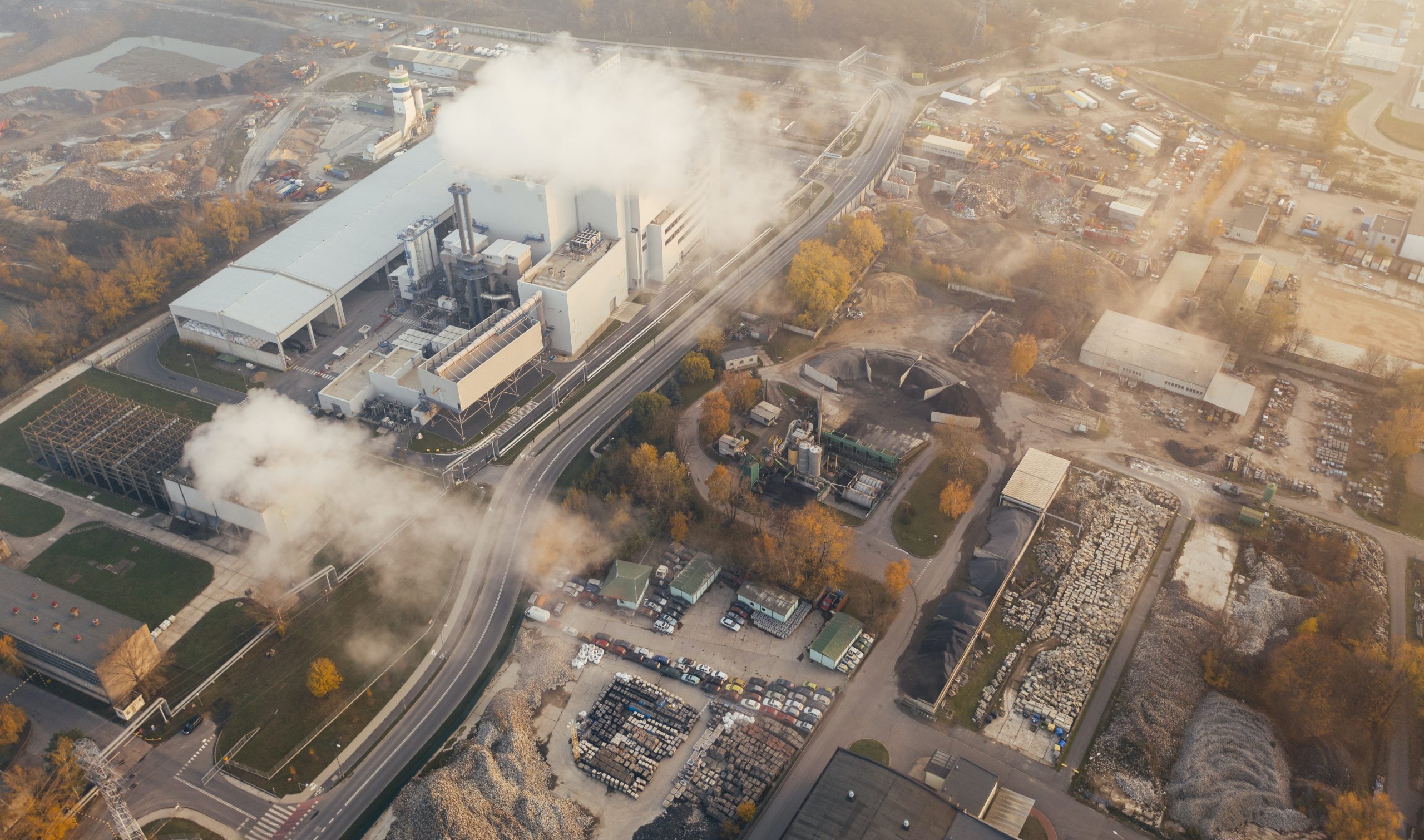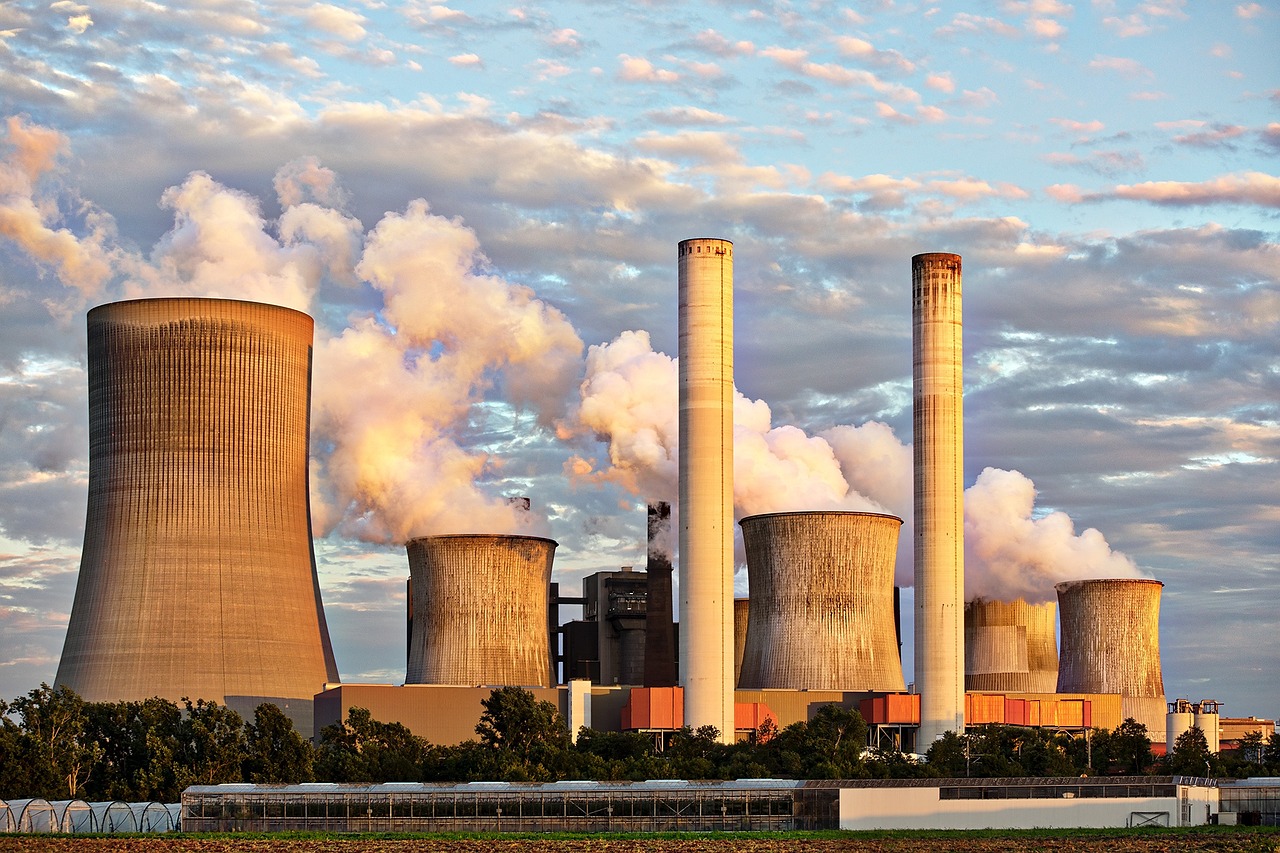
The plant is a key element of Hungary's critical infrastructure, capable of providing black start in the event of a complete national power grid outage.Continue reading

The electricity system load peak has been broken twice this year alone, indicating the ever-increasing energy demand, Magyar Nemzet reports. The news report points out that in neighboring countries it is also evident that renewable energy sources do not guarantee real security of supply. This is why investments such as the expansion of the Paks nuclear power plant are necessary.
A sign of the growth in energy demand is that every year, previous peaks in system load are broken, sometimes more than once in a year. On January 20, at 12:15 p.m. a new record was set at 7,663 megawatts (MW), Zsolt Hárfás, an engineer and nuclear energy expert, told Magyar Nemzet. Before that, the former record was reached on January 15, with 7,503 megawatts.
Of the 7,663 MW, imports accounted for about 2,816 MW (for comparison, the capacity of the Paks II nuclear power plant will be 2,400 MW). In the case of the peak on January 15, most imports came from Slovakia (1,456 MW) and Austria (920 MW), while 520 MW of exports from Hungary were destined for Romania.
In addition to the huge imports, stable electricity production during the period was provided by the domestic base-load power plants: the Paks nuclear power plant had a capacity of 2,051 MW, the gas power plants 1,948 MW, and coal 250 MW. This means that imports, nuclear, gas, and coal provided 92.3 percent of the demand during the new peak. The expert pointed out that as it was a winter peak, only 222 MW of the 4,095 MW of industrial solar capacity was available on the basis of measured data on January 20, compared to 368 MW at the peak on January 15.
The new peak in system load also shows that base load power plants (nuclear, gas) are absolutely necessary, because weather-dependent renewables cannot guarantee real security of supply.
Electricity demand will increase significantly by the 2030s, while old power plants will be phased out, and the possibility of imports will be limited and may even disappear in some periods.
It is therefore a question of security of supply, and even national security, whether Hungary should minimize or eliminate imports in the coming years.
Zsolt Hárfás emphasized that this is why the Paks II project needs to be brought on line as soon as possible, and the Paks nuclear power plant needs to be extended further. Furthermore, new gas-fired power plants and pumped storage power plants need to be built to regulate weather-dependent renewables, and solar power plants need to be developed on a realistic basis.
The cost of the Paks II project has been capped at €12.5 billion, but some experts believe that this could rise by around 10 percent. The future replacement of the four operating Paks units is also a possibility, but this is expected to take place 20 years later than previously assumed, thanks to the second extension of the plant’s lifetime.
A spectacular event in the Paks II project will be the first concrete pour, which is now planned to take place in March.
Looking at the countries in the region, it is worth pointing out that Slovakia and Austria also experienced higher than average system loads due to colder weather during the new peak recorded in Hungary. Romania faced huge demand as well on that day, while imports of around 2,000-2,500 MW – from Hungary, among others – were essential to meet consumption, and the Romanian gas and coal plants also needed to be fired up.
Via Magyar Nemzet, Featured photo via Pixabay